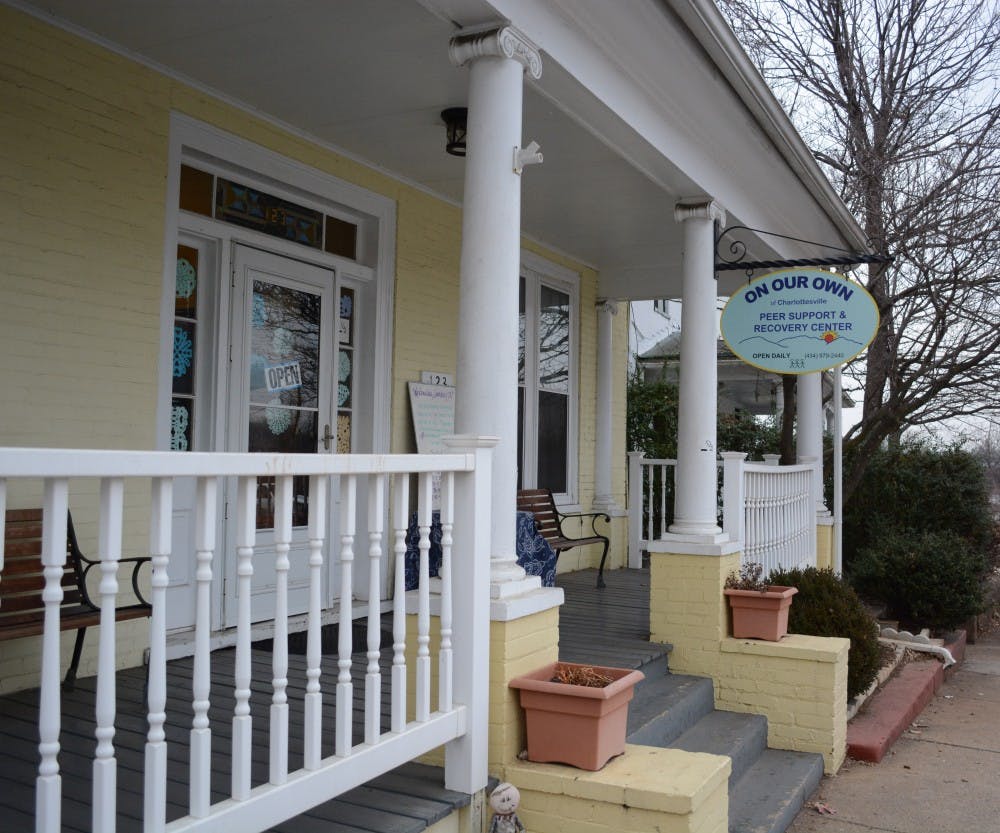Charlottesville City Council approved two resolutions addressing homelessness in the city Tuesday, one allocating $150,000 to Virginia Supportive Housing and the other allocating $105,000 toward the Spring for Housing program.
Virginia Supportive Housing will focus on housing Charlottesville residents who have been homeless for long periods of time. Kathy McHugh, a Charlottesville city housing development specialist, said the grant would pay for extended use of five studio apartments.
“The request for $150,000 was to provide for five units to be designated for homeless persons at the crossings of Fourth and Preston, [which] are owned and operated by Virginia Supportive Housing out of Richmond,” McHugh said.
Before the Tuesday resolutions passed, only 30 of the 60 Charlottesville single occupancy apartments owned by Virginia Supportive Housing, which offers participants both housing and professional services, were designated for the homeless.
“Permanent supportive housing does not only provide apartments for the homeless there, but they also provide support or wrap around services,” McHugh said. “You move in and you’re assigned a case manager who’s a licensed social worker who’s going to help you with everything from filing for disability to filing to get veteran’s benefits.”
McHugh said the new grant would subsidize the apartments for up to four-and-a-half years, the average time spent in a permanent supportive housing facilities nationally.
In return for housing, homeless persons living in Virginia Supportive Housing facilities are required to pay 30 percent of their income, coming either from private or public work or from government benefits, McHugh said.
Spring for Housing, meanwhile, aims to provide quick housing solutions for the homeless. McHugh said the program particularly seeks to provide housing to those who are displaced after seasonal “thermal” shelters close.
“When those close, what happens often times is that people who had been relying upon system for their shelter will go back out into the woods,” McHugh said.
McHugh said that while the money from both grants will not be enough to solve homelessness in Charlottesville, it is a good and timely decision. As federal funding to the City of Charlottesville continues to decrease, new sources of revenue are needed to keep homeless welfare programs alive, she said.
“[The United States Department of Housing and Urban Development] subsidies for homeless programs and public housing have historically been going down over the past decade and a half, maybe going on two decades,” McHugh said. “If that decline keeps up the programs essentially go away or they’re so underfunded that you just can’t do enough to be effective.”
One way to counter this decline is to allocate local funds to programs previously supported by the federal government. Charlottesville City Mayor Satyendra Huja said the money set aside for the grants comes from a pre-existing city housing fund, which was created to support programs like Spring for Housing and Virginia Supportive Housing.
While Huja said homelessness in the city has not been increasing, the grants would allow the city to help more people. Thirty to 40 people would be directly helped as a result of the grants, he said.
“We are committed to ending homelessness in our city,” Huja said.







